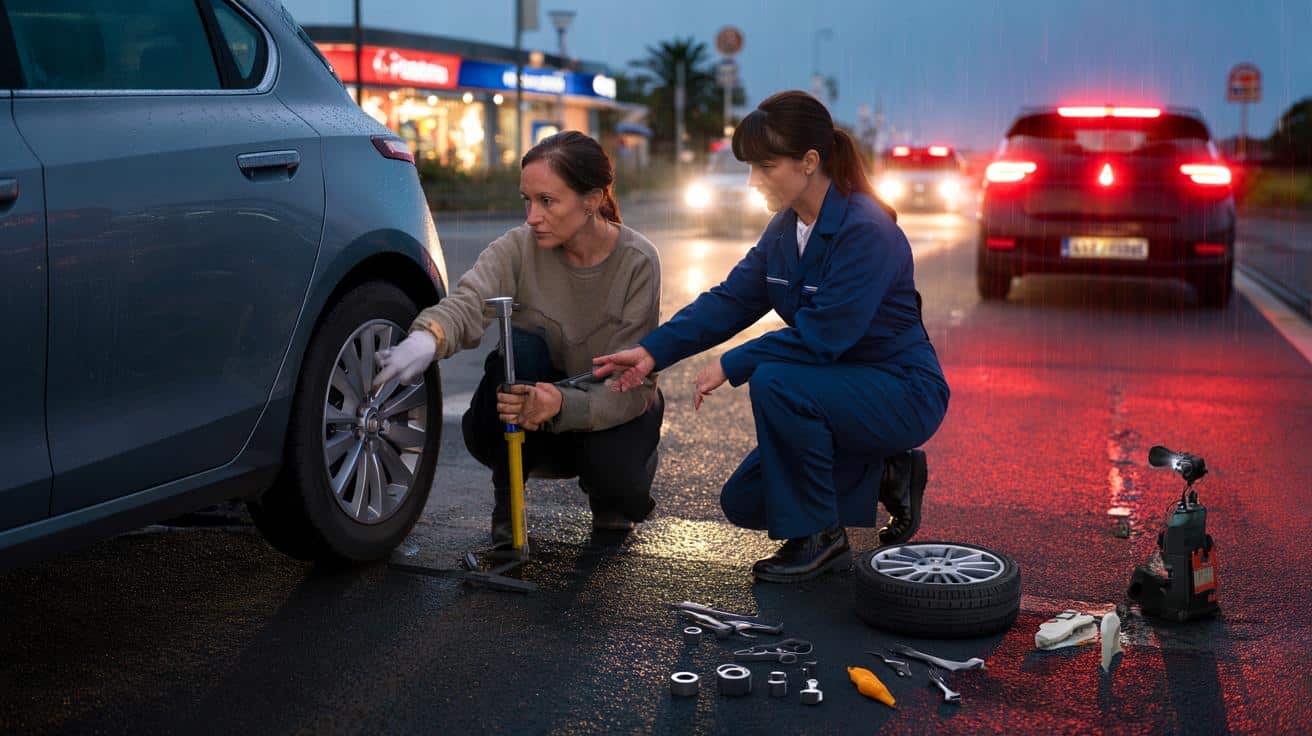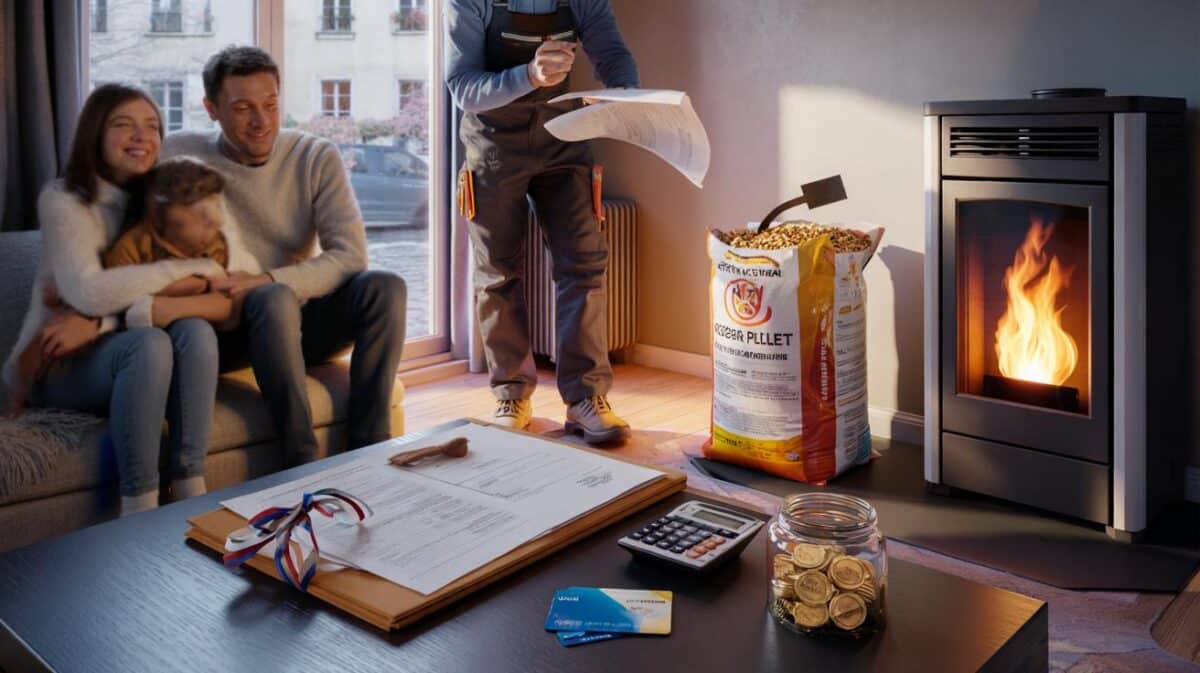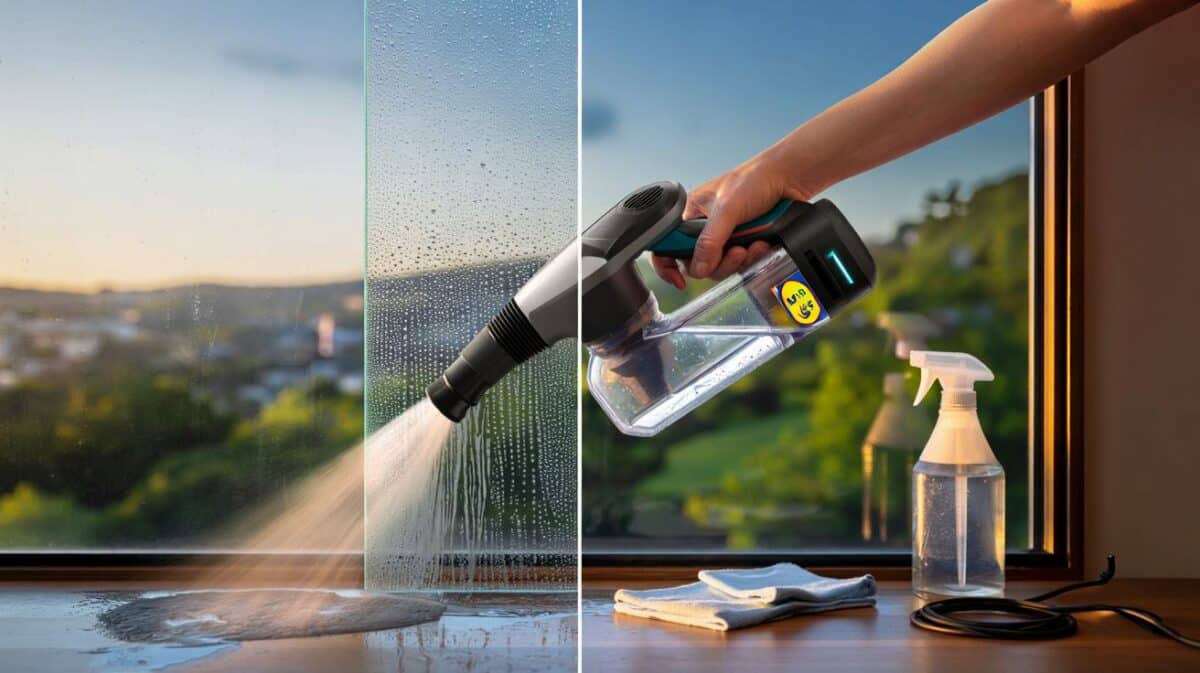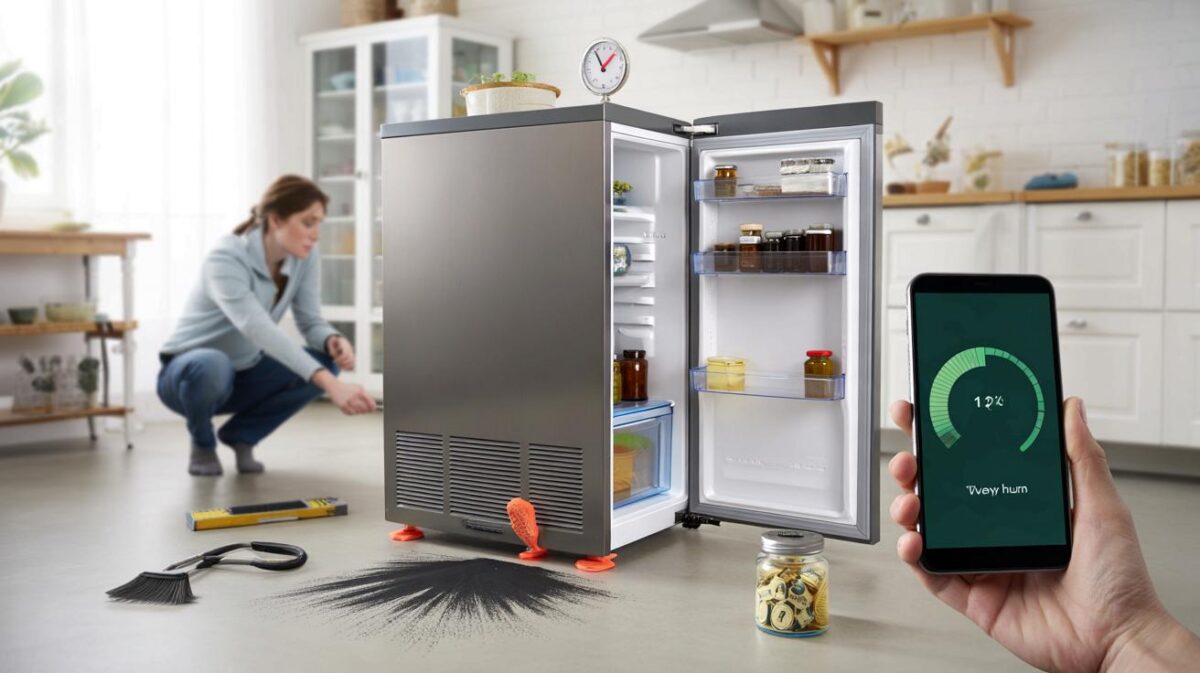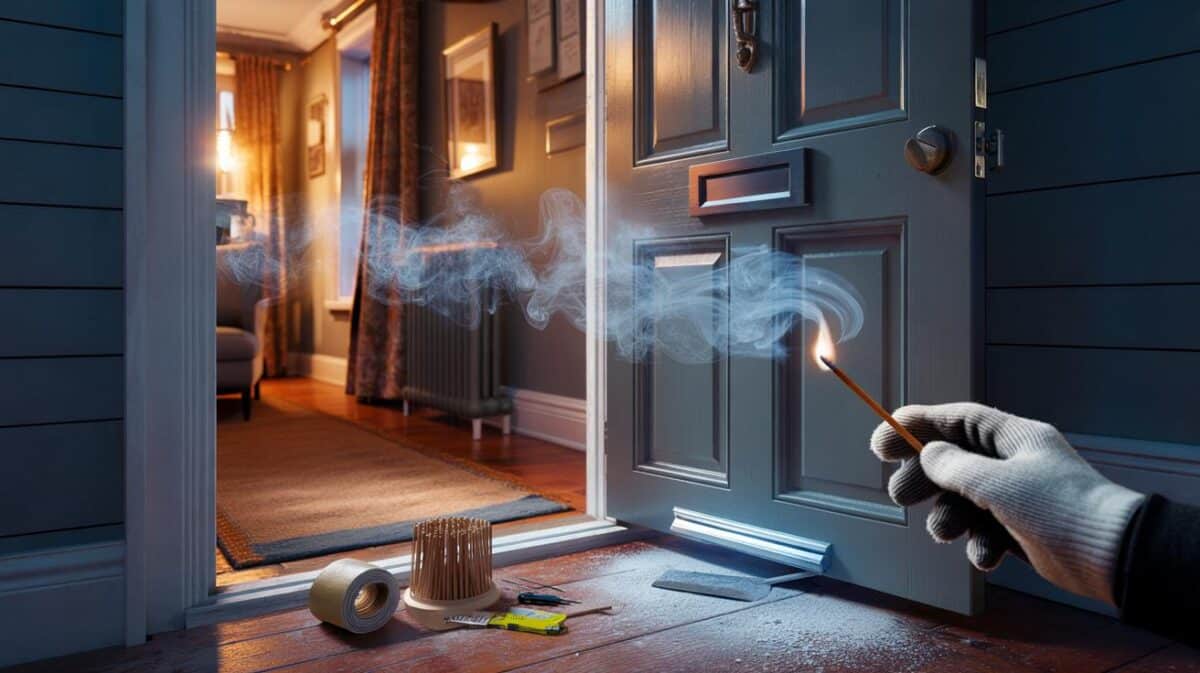Cars go wrong on ordinary days. A school run, a supermarket dash, a late train home — and suddenly a dashboard light you’ve never met is staring back. That’s not just an inconvenience. It’s time, money, and safety wrapped in one small warning icon. Here’s why learning the basics isn’t a “nice to have” for women. It’s freedom, in practical clothes.
Wind off the sea, sodium lights buzzing, my front-left tyre folded like a tired ear. I stared at it with the same expression I reserve for tax forms. A trickle of rain found my neck. *I could feel every pair of headlights clocking my mistake.*
My phone clung to 3% battery. Shops were closing. In the boot: a yoga mat, two odd shoes and zero clue. A woman in a navy boiler suit rolled up: “Stuck?” Her name was Liv, a mobile mechanic on her way back from a job. She didn’t pity me. She taught me. Fifteen minutes later, the spare was on, my hands were oily, and my heart had dropped its shoulders.
Then she handed me the jack.
The moment that rewired my brain
There’s a particular silence by the roadside at night. It’s not peaceful. It’s the hush of plans collapsing. That evening I realised independence isn’t abstract. It’s a handful of simple, repeatable skills that keep you moving when life shrugs.
Liv’s calm broke the spell. She showed me the jack point under the sill, how the wheel nuts loosen better before you lift, why the spare feels smaller because it is. She wasn’t patronising. She was brisk, funny, and on her way. I drove home on a donut, not fast, but fierce. The next weekend, I learned where my dipstick lives and what tyre pressures my car likes.
Since then, I’ve seen the same pattern everywhere. Friends wait hours for help at the kerb for things they could sort in ten. According to RAC patrols, flat batteries and punctures sit at the top of call-outs across Britain, year in, year out. The gap isn’t ability. It’s familiarity. When you remove the mystery, **skills equal safety** — and a lot less faff.
Why the basics belong to everyone
People often frame car knowledge as a niche hobby. It isn’t. It’s a household skill, like boiling pasta or unblocking a sink. The basics aren’t sexy, yet they touch everything: getting to work, getting kids home, not missing that train you can’t afford to miss.
There’s also the quiet tax on not knowing. A low tyre costs you fuel. A neglected wiper smears your vision in rain. A tired battery fails on the coldest morning. Women still report being over-talked at garages; the best antidote is vocabulary and a bit of hands-on practice. You don’t need to rebuild a gearbox. You need to recognise what’s normal, and what needs attention today.
The logic is simple. Small, regular checks catch problems early, when they’re boring and cheap. You spend less time stranded, less money on preventable fixes, and less energy negotiating with strangers under stress. Most of all, you gain the everyday steadiness that comes with knowing where the levers are. **Time is a currency**. Basic maintenance pays you back in it.
Five tiny skills that change big journeys
Start with a monthly 10-minute ritual. Pop the bonnet on level ground. Check oil: warm engine off for a few minutes, pull dipstick, wipe, dip again, read between the marks. Coolant: glance at the translucent tank and confirm the level sits between MIN and MAX (engine cold). Screenwash: top up with premix. Tyres: use a digital gauge and inflate to the pressures listed on your door jamb. Lights: walk around, hit brake and indicators, ask someone to watch or use a window reflection. It’s a small loop, huge payoff.
Learn three roadside moves. One: change a wheel safely in a calm, flat place, with hazards on and passengers away from traffic. Two: jump-start with jump leads — red to positive on both, black to negative on the good battery, then to a clean earth on the car with the dead one — or use a compact jump pack. Three: fit new wiper blades; your owner’s manual shows the exact hook. We’ve all had that moment when rain turns to fog on the glass and you feel blind.
What trips people up? Overinflating tyres “for luck”, opening the coolant cap when hot, or jacking on a sill that isn’t a jack point. Don’t beat yourself up. Cars are designed by committee; some things are fiddly on purpose. Keep a head torch in the glovebox and snap photos before you take anything off. Let’s be honest: nobody really does that every day. Aim for “good enough, regularly” and you’ll be miles ahead.
“Confidence isn’t a personality; it’s a habit you practise in a car park.” — Liv, mobile mechanic, Kent
- Glovebox kit: tyre gauge, compact torch, nitrile gloves, microfibre cloth.
- Boot kit: pump or inflator, jump leads or a jump pack, poncho, paper towel.
- Little extras: spare fuses, a basic socket set, phone battery pack, chalk to mark a puncture.
What changes when you lift the bonnet
The story isn’t about machines. It’s about margins. When you can get yourself rolling again, you change how you plan a trip, how late you leave, and how much you worry when a dash light winks. Your map opens up a bit. Other people notice, especially kids watching from the back seat. **Own your car**, and you quietly edit a stereotype.
The basics also build a different kind of relationship with your car. You start to hear it sooner. A reluctant crank in the cold. A shudder over speed bumps. The way the steering feels lighter when tyres are right. That’s not car-madness. That’s attention. It doesn’t demand an expensive toolbox; it wants a curious five minutes, now and then.
And yes, sometimes a job is for the pros. That knowledge is part of it too. You’ll speak the same language, ask better questions, and spot nonsense. The road will never be risk-free. It can be less of a riddle. The night outside that retail park? I still think about it. The wind, the wet, the moment I held the jack and felt the fear get bored of me.
| Key points | Detail | Reader Interest |
|---|---|---|
| Learn a 10-minute monthly check | Oil, coolant, screenwash, tyre pressures, lights | Saves fuel, spots issues early, feels doable |
| Master three roadside moves | Change a wheel, jump-start, swap wipers | High impact in real emergencies |
| Build a simple kit | Gauge, torch, gloves, inflator, jump leads, fuses | Low cost, big confidence lift |
FAQ :
- What’s the first thing I should learn?Find your tyre pressures and learn to inflate them properly. It’s quick, saves money, and transforms how your car feels and brakes.
- Can I ruin my car by checking the oil wrong?No. Wipe the dipstick, reinsert, and read the level between the marks. If it’s low, add a little at a time. Too much oil is as bad as too little, so go slow.
- Are modern cars too complex for DIY basics?Electronics are complex, the basics aren’t. Fluids, tyres, wipers and bulbs are designed to be user-serviceable. Your manual is your friend, and short videos help.
- What about electric cars?EVs still have tyres, wipers, washer fluid and a 12V battery. You won’t be changing spark plugs, but you will be checking pressures and topping screenwash like anyone else.
- Is changing a tyre at night safe?Only in a well-lit, flat place away from traffic, with hazards on and people off the carriageway. If you can’t get to one, wait for professional help.
